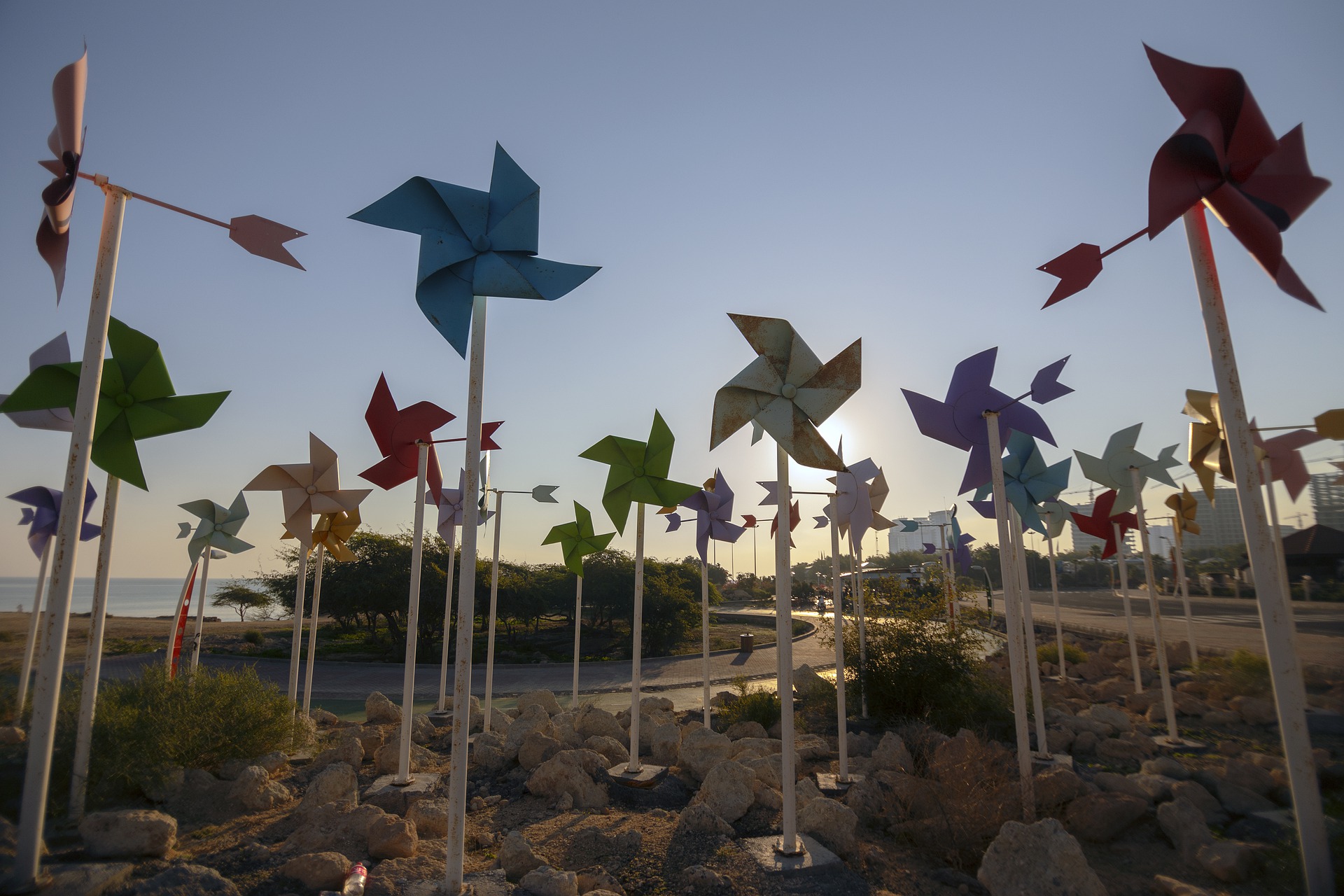In Dubai, where the heat is accompanied by high humidity, many locals and foreigners are trying to escape the scorching summer temperatures. The rest spend time in air-conditioned rooms and expect that a whole battalion of couriers will go outside as rarely as possible.
“And the situation seems to be getting more critical. As the climate warms, “heat stress levels will increase significantly” in a number of Gulf cities, “said Elfatih Eltahir, a professor of hydrology and climate at the Massachusetts Institute of Technology.
By the end of this century, a combination of rising temperatures above 50 degrees and humidity could cause “heat stress incompatible with life” in some villages, an AFP scientist said.
Under the direct influence of this development, the United Arab Emirates has embarked on a strategic environmental program, which includes increasing the share of clean energy from 25 to 50 percent by 2050 and reducing the carbon footprint in electricity generation by 70 percent.
“This topic is of growing interest in the Emirates, but we are still waiting for big companies to take the issue seriously,” Tanzid Alam, director of Art Matters Consulting, an environmental consulting firm based in Dubai, told AFP.
For many years, planes were sent to the Emirates to sow clouds with rain-causing reagents. Drones may soon be used for this purpose.
An intergovernmental panel on climate change predicts in a report published in early August that the pre-industrial warming threshold of +1.5 degrees will be reached in about 2030 – ten years earlier than previously predicted, threatening humanity with “new unprecedented disasters.”
UN Secretary-General Antonio Guterres has said the report should “trigger a signal to stop” fossil fuels.
The Gulf countries, which are heavily dependent on hydrocarbon use, have long been criticized in the press for their attitudes toward the environment, but in recent years they have made efforts to change their behavior to restore their international image and diversify their economies.
The Emirate of Abu Dhabi, for example, built a solar power plant and presented it as one of the largest on the planet.
Saudi Arabia, the world’s largest exporter of crude oil, is embarking on far-reaching reforms to diversify its economy and has announced a number of large-scale environmental projects, including the use of solar energy.

